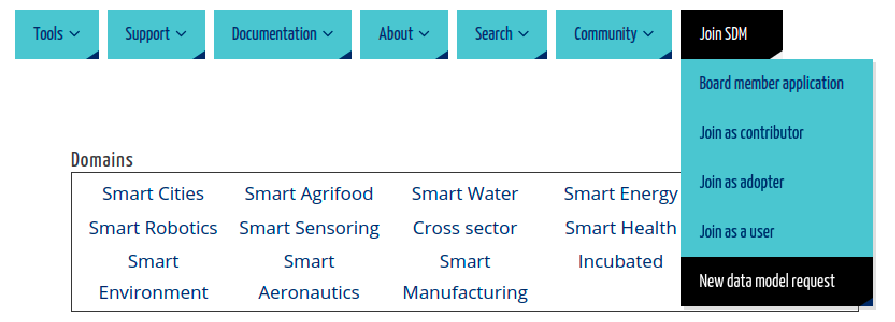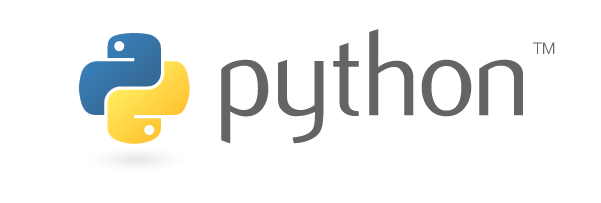There is a new service for simplifying the testing of a contribution to a data model.
The new service will check it, just by providing the link to the root of the folder in an publicly accessible repository
- That the schema.json is
- Present in the right position
- It is a valid json and it has the right structure (types and descriptions)
- It has the right metadata, and the required section
- External references are valid
- The descriptions are included
- That the examples are:
- Present in the right position
- Key values are validated by the schema
- Notes.yaml and ADOPTERS.yaml are present in the right position
all the files (mandatory ones like schema and examples) and the optional (notes.yaml, ADOPTERS.yaml)
There is a specific page for this test in the contribution manual













